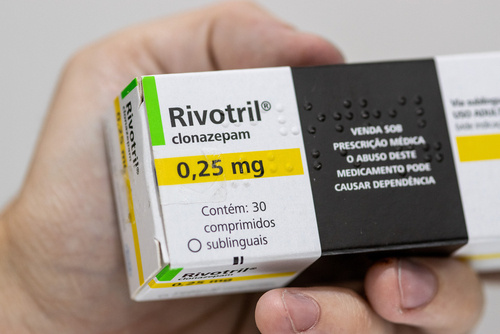Is Addiction Genetic or Hereditary?
The definition of hereditary refers to something inherited through the family or passed down through the family. Genetics is the study of heredity, which is the process of a parent passing certain genes to their offspring. Substance use disorder (SUD), also known as addiction, is listed in the Diagnostic and Statistical Manual of Mental Disorders, Fifth Edition (DSM-5) as a chronic brain disorder. It is characterized by compulsively engaging in rewarding stimuli without regard for consequence. Individuals that struggle with addiction will prioritize satisfying drug cravings above all else. This can lead to detrimental consequences affecting all areas of one’s life.
Causes and Risk Factors
Yes, genetics can play a contributing role in the development of addiction. Studies indicate that individuals with a family history of addiction have a higher predisposition for developing substance use disorder themselves. The development of addiction can be partially attributed to genetics, but there are several other contributing factors that have been identified as potentially increasing one’s risk of substance use disorder. These may include, but are not limited to the following factors, provided by the National Institute on Drug Abuse (NIH):
- Environmental: various environmental factors can increase one’s risk for developing substance use disorder. Normalizing drug use during one’s childhood and constant childhood exposure to drugs can raise one’s risk for addiction. Furthermore, individuals that experienced abuse, neglect, and/ or a lack of parental involvement in her childhood life can all be contributing factors to the potential development of addiction.
- Psychological: an individual that suffers from another mental health disorder is twice as likely to have a substance use disorder, compared to the general population. Further, according to the National Survey on Drug Use and Health (NSDUH), 45% of people with addiction have a co-occurring mental health disorder.
- Age of exposure: people that were exposed to and experimented with drugs at a young age are reported to be more likely to experience mental health disorders as well as develop addiction.
- Drug of choice: the type of substance abused, especially those with highly addictive qualities (e.g., heroin, cocaine, methamphetamines, etc.), can partially contribute to the development of substance use disorder.
- Drug delivery method: different methods of delivery such as smoking, injecting, or snorting, largely influence how quickly a drug reaches the brain. Research has shown that the faster a drug reaches the brain, the more likely it is to be addicting.
Every individual is different and will have or lack various predispositions that can contribute to developing substance use disorder. Research shows that genetics have somewhere between a 40% and 60% influence on addiction. The Cleveland Clinic explains that the genetic connection to addiction comes through inherited levels of dopamine (a neurotransmitter that carries signals between brain cells). High levels of dopamine can elicit feelings of energy, alertness, and euphoria, fuel poor impulse control, and provoke addictive behaviors.
For Information and Support Substance abuse and addiction can be incredibly dangerous and can result in severe short and long-term consequences. If you or someone you know is suffering from substance abuse or addiction, please get help as soon as possible. The earlier you seek support, the sooner you and your loved ones can return to leading happy, healthy, and fulfilling lives. There is no reason to go through this alone, and we are here to help. Please feel free to reach out to us for further information or with any questions regarding substance abuse or addiction. We are available anytime via telephone at: 213-389-9964, or you can always email us at: info@friendlyhousela.org.



